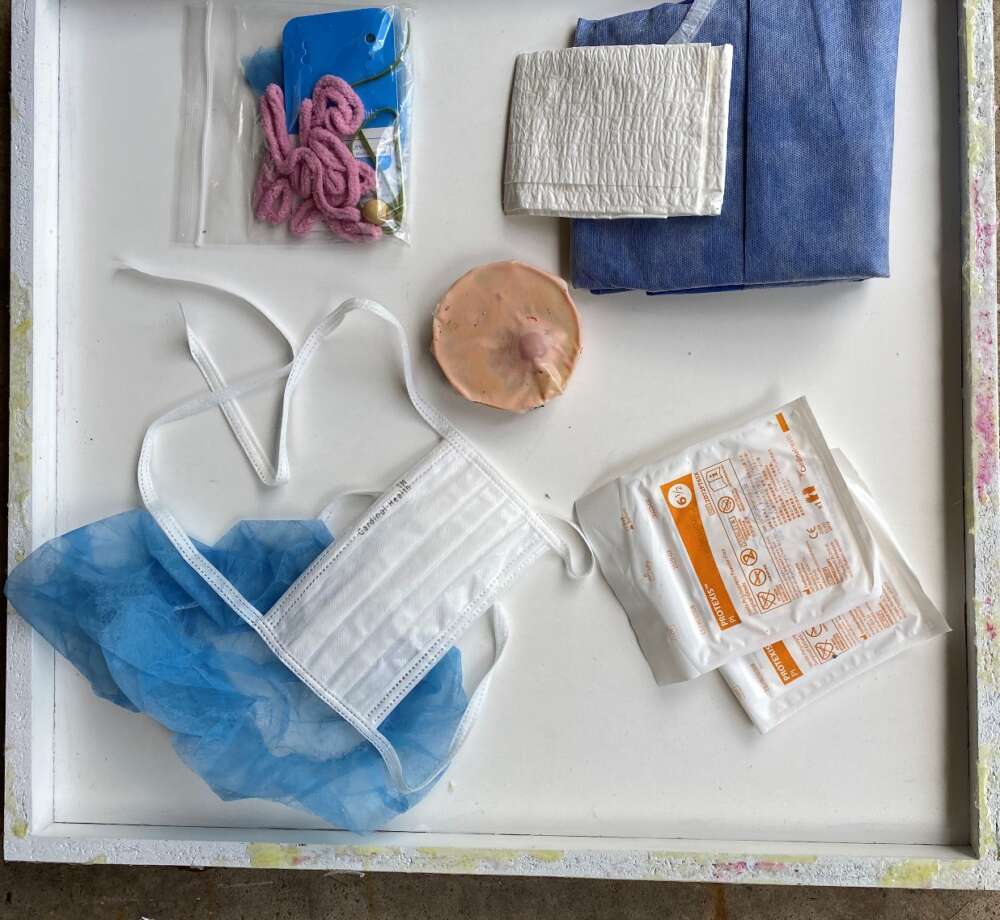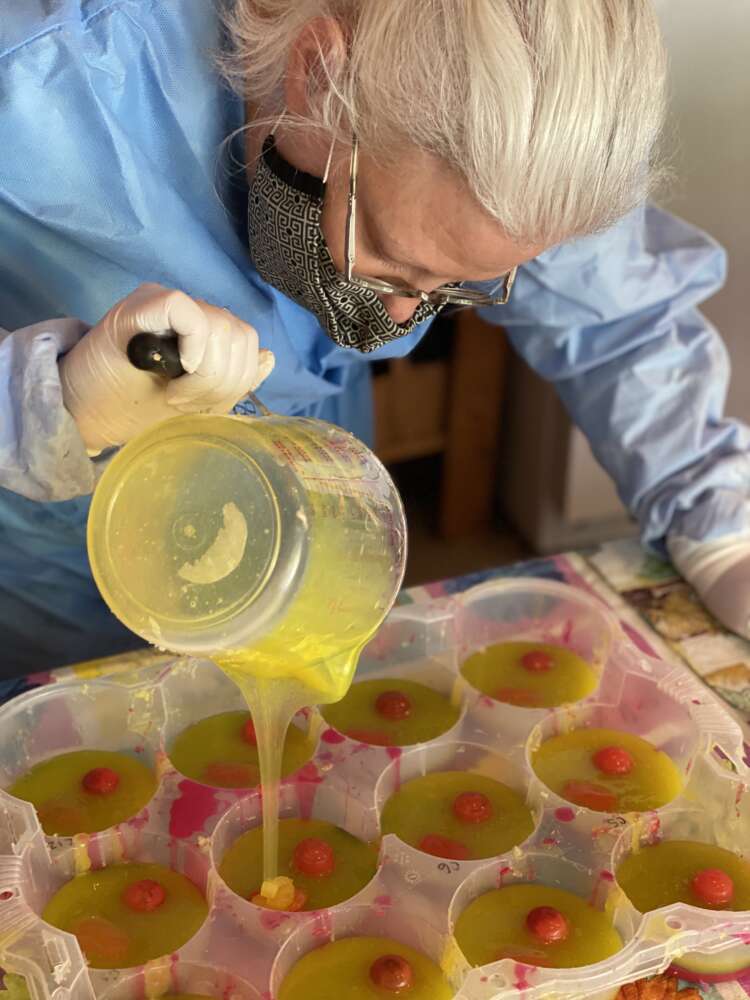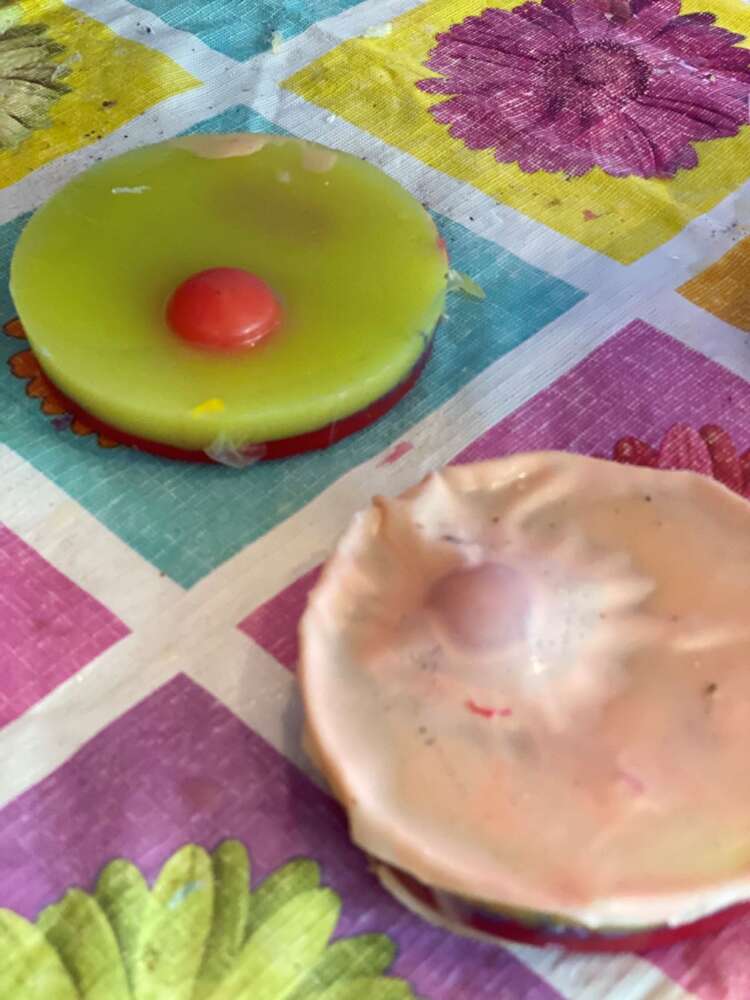
How do you provide hands-on veterinary training when the COVID-19 pandemic has forced cancellation or curtailment of much in-class instruction on campus?
Novel at-home surgery practice kits, increased access to computerized case simulations and virtual teamwork and leadership activities are among innovative tools to be used this fall and winter by the University of Guelph’s Ontario Veterinary College (OVC) to ensure DVM students continue to receive high-quality veterinary training even under COVID-19 restrictions.
This fall, all 120 second-year veterinary students will receive kits developed this summer by OVC veterinarians and technicians for practising surgical preparation skills at home. Normally those skills are taught through in-person labs of 30 students.
The kits will contain items including drapes, clamps, gloves, masks and gowns needed for students to learn and practise aseptic preparation of themselves and animals for surgery. Also in the kits is a simulated abdomen, called a Dog Abdominal Surrogate for Instructional Exercises, developed at OVC years ago for students to practise surgery and suturing without using live animals.
“COVID-19 has not stopped us,” said Andria Joy, coordinator of clinical skills training in the Department of Clinical Studies. “We found a way to make it work.”

She developed the kits along with Alie Gillan, clinical skills manager, and technicians Nicole Kudo and Meghan Longley.
Using live video, students working with the kits will interact online with instructors for feedback and grading purposes.
Noting that some labs will still involve in-person instruction delivered to smaller groups of students this year, Joy said she expects the kits will offer more flexibility for students to perfect their skills at home. (She said smaller third-year classes will also continue to perform live spay and neuter procedures.)
Joanne Hewson, OVC associate dean (students and academic), and a faculty member in the Department of Clinical Studies, said, “Home learning may have benefits for veterinary students, including more opportunities to practise surgical skills not normally available outside of fully equipped but busy clinical skills labs on campus. This new kit makes the practice more accessible to them, particularly during the ongoing pandemic restrictions.”
Kits will be distributed during planned in-person visits to the college.
“These are surgical skills that need practice,” said Hewson. “We are finding creative ways to provide opportunities for students to practise and receive feedback despite COVID.”

Besides developing the surgical kits, the college has hired co-op students this summer to work with faculty members to design computerized simulated cases.
OVC normally uses case simulations to enable groups of students to develop skills in diagnosing and treating ailments in different animals. This year, the college has purchased additional software licences to help build cases. That will allow more students – mostly in second and third years – to work up virtual cases to further their clinical problem solving.
Cases will involve more species of animals and disease scenarios, from herd illness outbreaks to anomalous blood samples.
The college has also planned virtual teamwork and leadership activities for orientation week, including improvisational activities and online gatherings of first-year students with second-year mentors.
Hewson said this year’s pandemic-induced skills training and orientation provisions reflect creative solutions and a collective effort from faculty and instructors, course coordinators, department chairs and senior leadership across OVC.
“Our faculty and staff have a commitment to see students succeed without compromising the quality of training,” she said. “Our standards are still as high, and we’re still as determined to make the curriculum work.”
To learn more about what the U of G student experience will look like this fall, visit the Virtual Campus page.
Watch a video of Dr. Joy creating oncology models below. [Transcript]